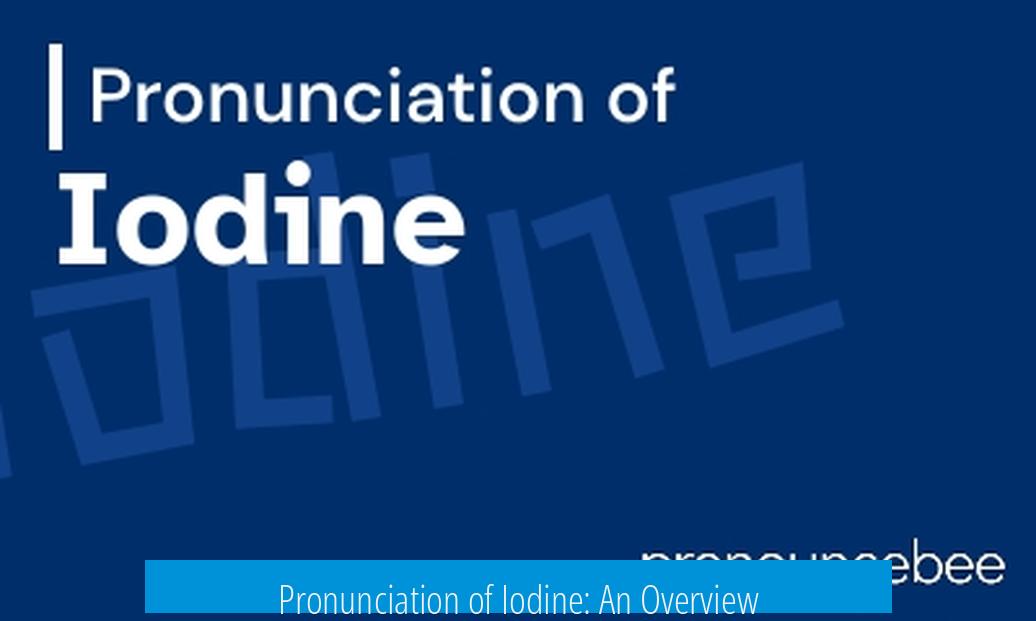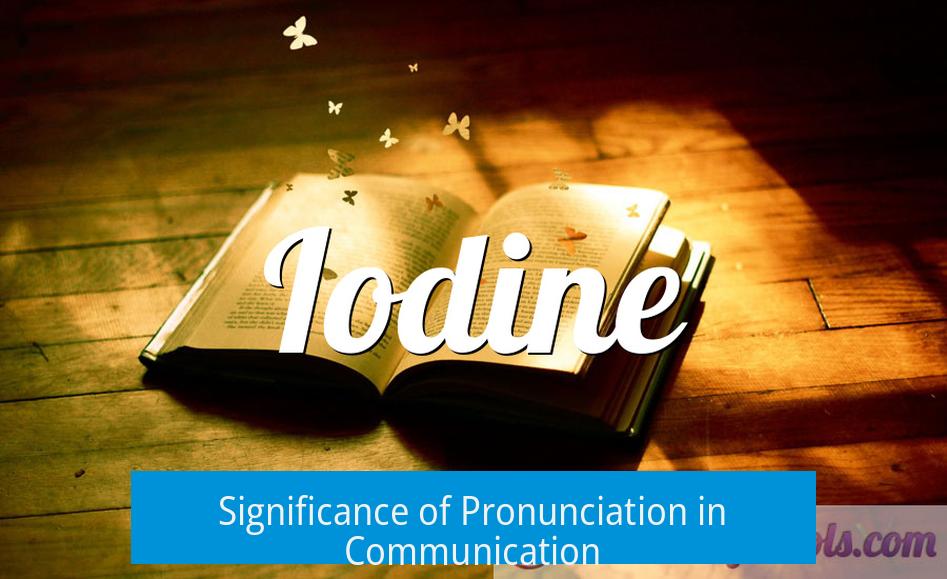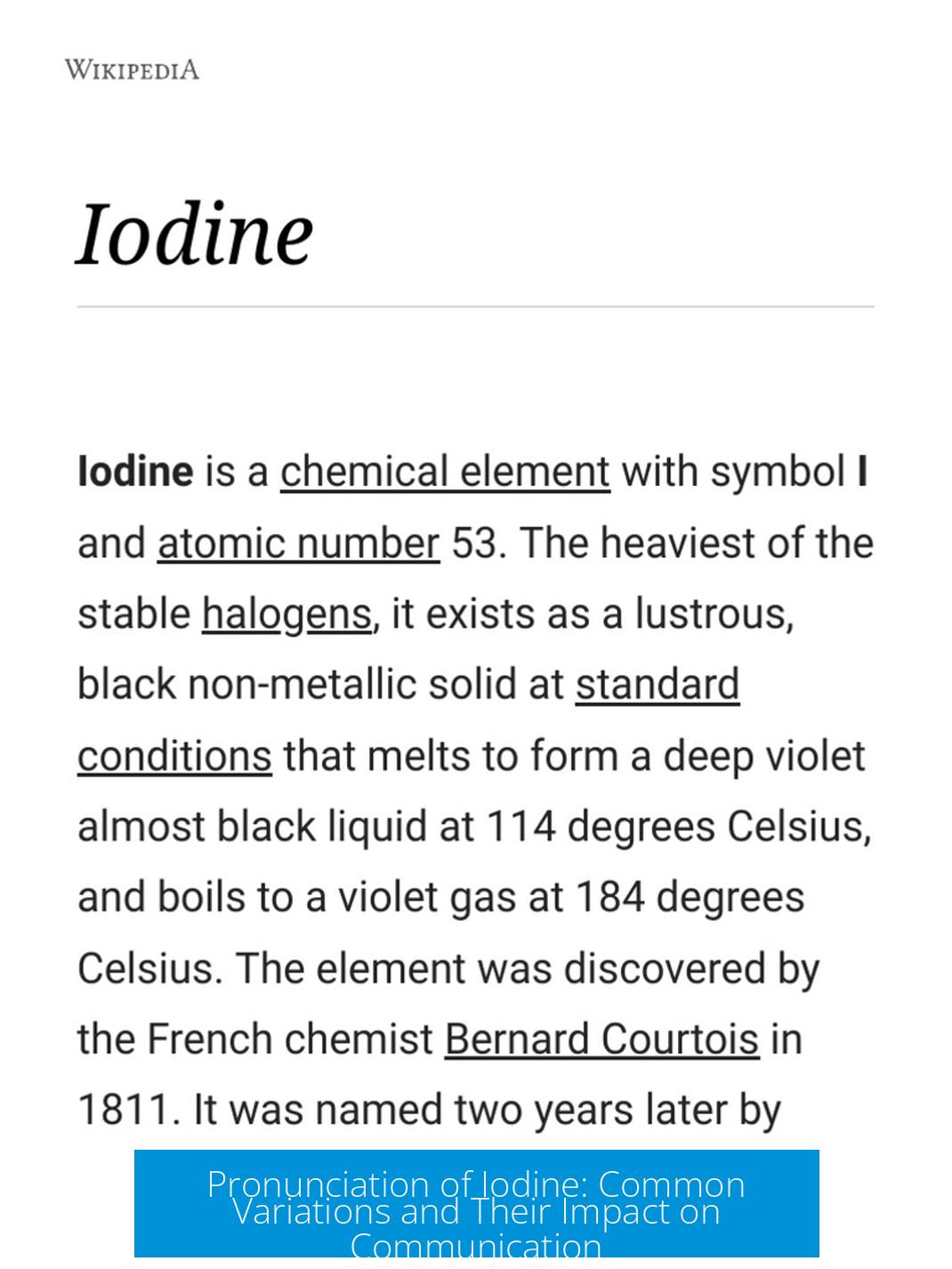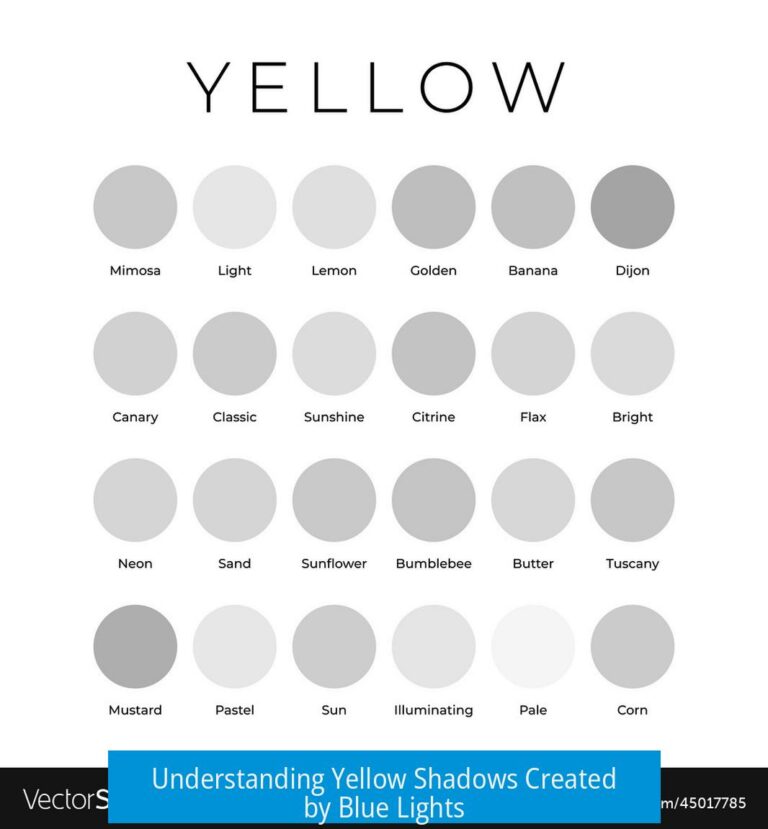Pronunciation of Iodine: An Overview

The pronunciation of iodine varies regionally and personally, with both “eye-O-deen” and “eye-O-dine” recognized as valid pronunciations. People often choose how to say it based on regional accents or personal preference. No single pronunciation holds absolute authority in everyday use.
Common Pronunciations
- eye-O-deen – Often heard and widely accepted in various regions.
- eye-O-dine – Also commonly used and recognized.
- EE-oh-DEEN – Noted in some areas, often differing within the same country.
- iod-YNE and iod-EEN – Variants reported among students and academics.
Regional and Contextual Variations
Pronunciations differ even within the same country. For example, some people pronounce iodine as “EE-oh-DEEN,” while others use “eye-O-dine” or “iod-YNE.” Professors and students may also vary, indicating flexibility is common.
Comparing iodine with other halogens highlights this diversity. Fluorine, chlorine, and bromine generally end with an “EEN” sound. However, bromine itself sometimes adopts the “YNE” ending, like iodine.
Significance of Pronunciation in Communication

The emphasis on strict pronunciation is minimal in scientific and daily contexts. More important is clear communication and understanding. People often recommend using the pronunciation you are comfortable with or that your audience best understands.
Online platforms, such as Google Translate’s pronunciation, serve as useful guides. Still, regional or personal preferences may dominate in conversation.
Key Points to Remember
- Multiple pronunciations (“eye-O-deen,” “eye-O-dine,” etc.) are valid.
- Regional differences heavily influence how iodine is pronounced.
- Other halogens also show varying pronunciations, so diversity is common.
- Effective communication matters more than strict pronunciation rules.
- Adopt the form that aligns with your context or audience.
How do people commonly pronounce “iodine”?
The most common pronunciations are “eye-O-deen” and “eye-O-dine.” Variations like “EE-oh-DEEN” or “iod-YNE” also occur in different regions or groups.
Does pronunciation of “iodine” differ by region?
Yes, pronunciation varies widely. Some say “EE-oh-DEEN,” while others prefer “iod-YNE.” Even within the same country, people may say it differently.
Is there a “correct” way to pronounce iodine?
No single pronunciation is considered absolutely correct. Both “eye-O-deen” and “eye-O-dine” are accepted. Clarity and understanding matter more than exact pronunciation.
How does iodine’s pronunciation compare to other halogens?
Other halogens often end with an “een” sound, like fluorine and chlorine. Iodine, however, can sound like “eye-O-dine” or “iod-YNE,” showing more variation.
Should I match my pronunciation of iodine to a specific standard?
It’s not necessary. Pronounce iodine in a way that feels natural or matches your community. Clear communication is more important than following one fixed form.





Leave a Comment